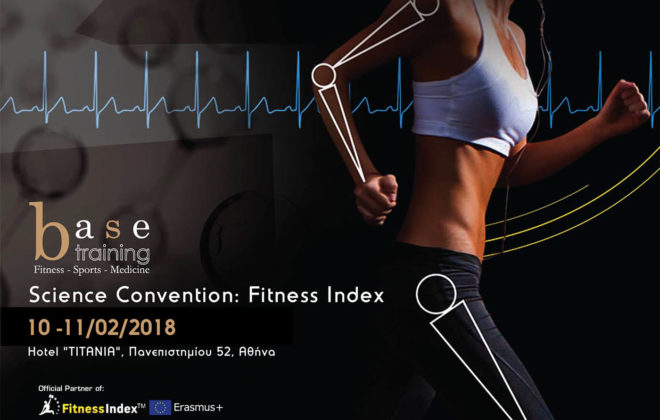Exercise and Weight Loss
Obesity is the plague of the Western civilization as many diseases are related with it. Exercise, balanced nutrition and the adoption of a healthy lifestyle contribute to weight loss and fighting against obesity. Excessive pounds make you feel uncomfortable and can also damage your health.
In recent years, according to the Center for Disease Control and Prevention (CDC), the obesity rates have skyrocketed worldwide and most particular, in the United States. Since 2010, more than one third of American adults have been considered obese with a body mass index (BMI) of 30 or greater.

In our blog you can find all the information you need about the Body Mass Index and how it is calculated.
Obesity can lead to a number of serious health problems, including heart disease, diabetes, stroke and certain cancers. In order to lose weight, you can either lower the calories you receive from your daily diet, or burn extra calories with exercise.
The Benefits of Exercise In Weight Loss
The combination of exercise with a healthy diet is a more effective way to lose weight than relying solely on calorie restriction. Exercise can prevent or even reverse the effects of certain diseases. Moreover, it reduces blood pressure and cholesterol, which can prevent a heart attack.
In addition, via exercise the risk of developing certain types of cancer, such as colon and breast cancer is reduced. Exercise is also known to boost our confidence and self-esteem, thus reducing stress and depression.
It is also useful for weight loss and maintaining the Body Mass Index in normal rates. It can also help you maintain and increase your muscle mass and as a result you increase the number of calories you burn each day.
How much exercise is enough?
It is recommended at least 20 minutes of cardio exercise per workout at least three times a week.
However, if you really want to lose weight you should do more than 20 minutes. 15 minutes of moderate exercise – like fast walking for fat loss on a daily basis, will burn up to 100 extra calories (assuming you do not consume extra calories in your diet).
Burning 700 calories per week can help you lose 5 kilos in one year!

Increase the intensity for better results
If you want to make the most out of the exercise benefits, you will need to include some exercises of higher intensity into your workout.
It is recommended to keep track of your heart rate.
You can calculate your average heart rate target by abstracting your age from 220 and then calculate 60 to 80 percent of that number.
A personal trainer or a doctor will advise you for the ideal intensity for each workout.
Which types of exercise are better for losing weight?
It doesn’t matter what kind of exercise you do as long as you start doing it!
This is the main reason why you should do the type of exercise that you like in order to include it in your daily activity.
- Cardio
Each exercise program must include some kind of cardio workout like walking, cycling, swimming and dance. You can also use exercise machines like a treadmill, stepper or elliptical.
- Weight training
A great advantage of weight training is that, in addition to losing fat, you will also build muscles. The muscle, in turn, burns calories. This sequence is the key to weight loss and a healthy lifestyle.
More information on the benefits of aerobic exercise and weight training, and which one is best suited for weight loss can be found here!
Small changes that make a big difference
Being active during a day is more important than your planned workout. That’s why small changes in your daily routine can make a big difference in weight loss.
Suggested healthy lifestyle habits:
- Go to work with the bike either on foot
- Use the stairs instead of the lift
- Park a few meters ahead of your destination and walk the rest of the distance
Before you start the workout
Take a doctor’s advice before you start a new exercise program, especially if you plan to do an intense workout. People who have been inactive for a long time, who are obese or have recently stopped smoking should also visit a doctor before they start a new exercise program. If you are a beginner, you will find here what you need to get started!
Sources:
http://www.cdc.gov/obesity/data/adult.html
http://www.mayoclinic.org/healthy-lifestyle/fitness/in-depth/exercise/art-20047414
http://www.mayoclinic.org/healthy-lifestyle/fitness/in-depth/exercise-intensity/art-20046887?pg=2
http://my.clevelandclinic.org/heart/prevention/exercise/bestaerob_egan.aspx





